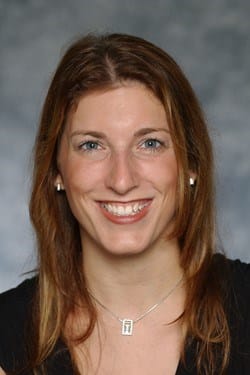The Engineering Division of the Council on Undergraduate Research requests nominations for its mentoring and leadership awards. The Engineering Mentoring and Leadership awards are granted annually to mentors who have influenced undergraduate research through direct mentoring of individuals or groups of undergraduate students in engineering research. The leadership awards are solicited biannually and are meant to recognize sustained leadership in engaging engineering students in research activities.
- Early-Career Undergraduate Research Mentoring Award (ECURMA) – awarded annually but recognized biannually
- Undergraduate Research Mentoring Award (URMA) – awarded annually but recognized biannually
- Leadership in Undergraduate Research Award (LURA) – awarded biannually
Application materials were due by May 15, 2023.
Please upload all nomination materials as one combined PDF, 16MB maximum file size.
Award Criteria
Mentoring awardees play a major role in advancing undergraduate research in engineering by promoting discipline-specific activities that may include the following:
- Demonstrating a strong track record of scholarly products (e.g., journal articles, conference publications/presentations, posters, book chapters) involving undergraduates
- Providing mentorship to undergraduate researchers from a diverse range of backgrounds and identities
- Supporting students in their efforts to disseminate their research
- Encouraging or supporting students to gain broader research opportunities (e.g., internships, REU programs, graduate programs)
Leadership awardees play a major role in advancing undergraduate research in engineering by
- Spearheading efforts to institutionalize undergraduate research on their campuses (e.g., curricular initiatives, program development) and across the nation
- Securing support for student research activities
- Initiating or operating faculty mentoring programs to support undergraduate research
- Recognizing and utilizing undergraduate research as a tool to promote diversity and inclusion
Nominee Eligibility
- Membership in CUR is encouraged but not required for mentoring award nominees.
- Membership in CUR is required for leadership award nominees.
- Nominees for the ECURMA should be pretenure or, in the case of non-tenure track positions, have less than 6 years in current position.
- Administrator letter of support must be from the nominee’s current institution.
- All awards are open to tenure-track, non-tenure track, and staff members.
Nominations
No self-nominations are allowed. The nominator does not need to be from the nominee’s current institution; however, the administrator letter of support must be from the current institution. Nomination materials should address the criteria listed above and may also elaborate on the CUR Strategic Plan.
Nomination Process
Applications should be compiled into one pdf package containing the following items. Submit nomination materials online as one PDF, 16MB maximum file size.
- Nomination letter (2 pages maximum)
- Abbreviated CV (3 pages maximum); indicate undergraduate coauthors or presenters if applying for the mentoring award and highlight appropriate activities associated with the leadership award
- Letters
- For Mentoring Awards: Two student letters that show the impact of mentoring, addressed to the nominator (1-page maximum per letter)
- For Leadership Awards: Two recommendation letters from either students or faculty impacted by the candidate’s activities, addressed to the nominator (1-page maximum per letter).
- Administrator letter of support (1-page maximum)
Review Process
The review committee will consist of a minimum of 3 and a maximum of 5 CUR engineering councilors or prior councilors. Recipients will be notified by June 30, 2023, via email.
If you have any questions, please contact CUR@CUR.org.
Please note that all CUR award recipients are responsible for any and all applicable
tax obligations associated with receipt of the award.












